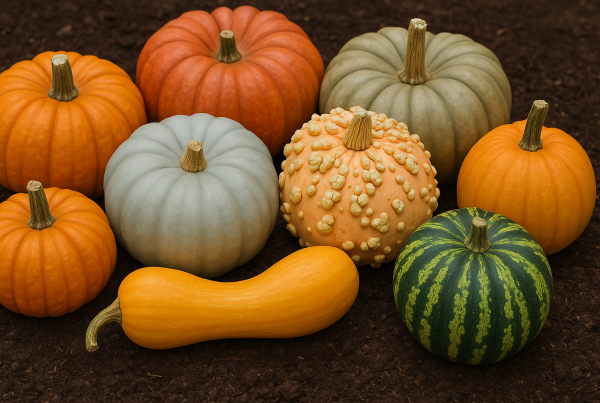Pumpkins have a rich and storied history, originating over 7,500 years ago in Central America. These versatile fruits were cultivated by ancient civilisations for their nutritional value, serving as a staple in the diets of indigenous peoples long before European explorers arrived.
The Fascinating History of Pumpkins
Pumpkins have a long, fascinating history, evolving from ancient agricultural roots to becoming beloved symbols of autumn and cultural traditions around the world.
Pumpkins: The Ancient Origins
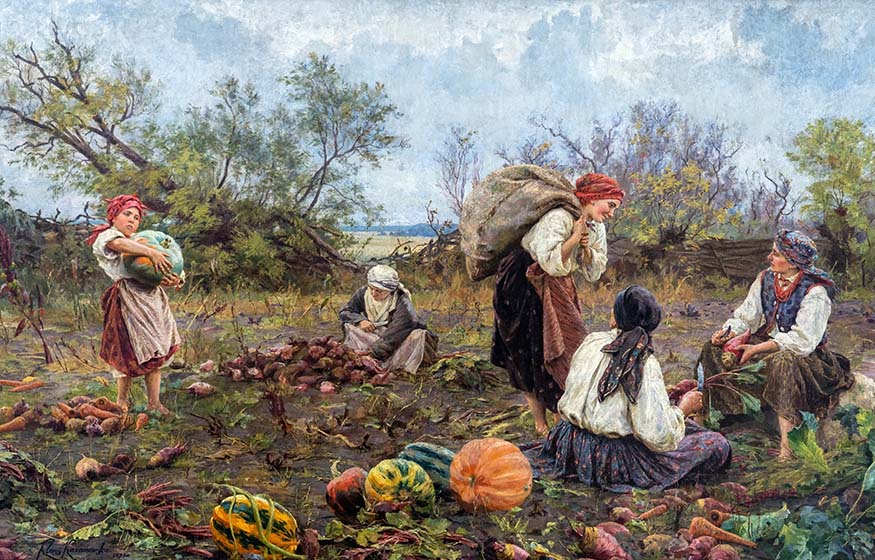
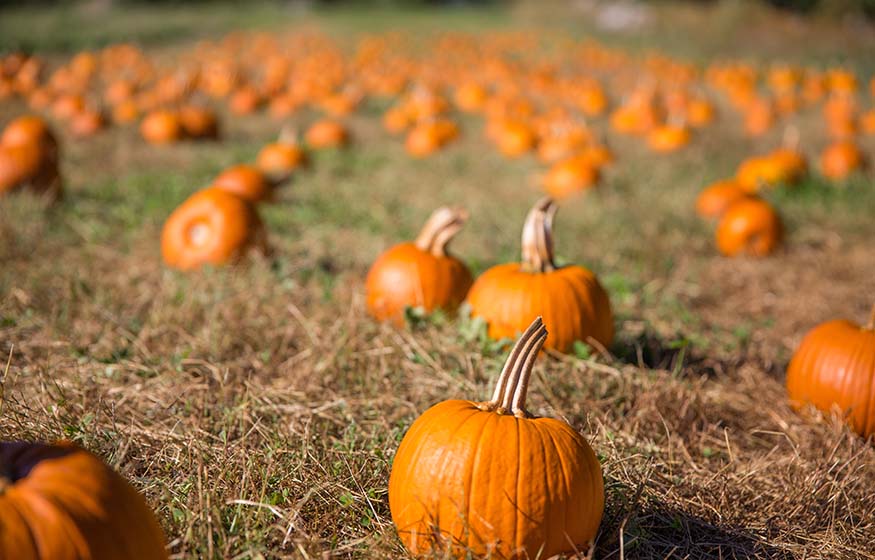
Pumpkins in Ancient Cultures
Early Native American tribes used pumpkins extensively, not just as food but also for practical purposes like storage and crafting. They would roast pumpkin flesh over fires, dry it for preservation, and even weave dried strips into mats. The seeds, rich in oils, were also highly valued.
From New World Discovery to Worldwide Traditions: The Global Journey of Pumpkins
The Spread of Pumpkins Globally
After European explorers encountered pumpkins in the New World, they brought them back to Europe, where they were met with curiosity. Over time, pumpkins became an essential crop across the globe, particularly thriving in colder climates.
Pumpkins in the UK
Pumpkins were introduced to the UK relatively late, gaining popularity in the 19th century through Halloween traditions from Ireland and Scotland. Carving Jack-o’-lanterns, once done with turnips, was adapted to pumpkins for their larger size.
Cultural Significance
In the UK, pumpkins have become synonymous with autumn and Halloween. Celebrated in festivals and featured in seasonal dishes, they symbolise the harvest. What started as a novelty is now a beloved tradition spanning generations.
Modern Day
Today, pumpkins are central to Halloween festivities in the UK and a popular ingredient in various dishes. Their journey from ancient crops to cultural icons showcases their enduring appeal and versatile nature across the world.
The History of Pumpkins
Pumpkin Patter: All Things Pumpkin, All Year Round!
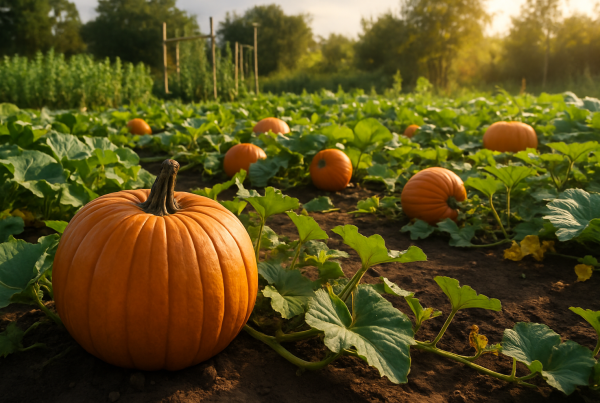
Discover the best tips for growing your own pumpkins in 2025 with latest trends, techniques and guidance.
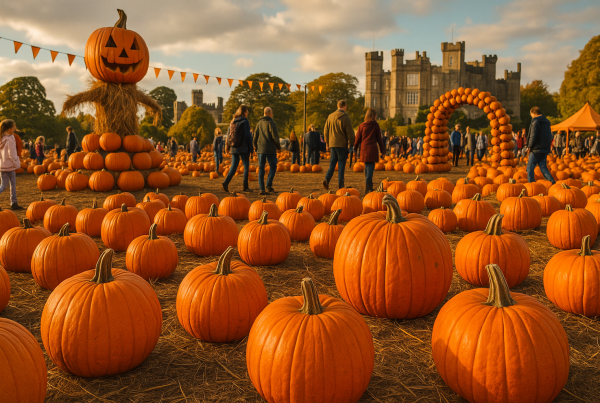
Discover intriguing facts and fun around the most interesting pumpkin festivals happening across the UK in 2025.
